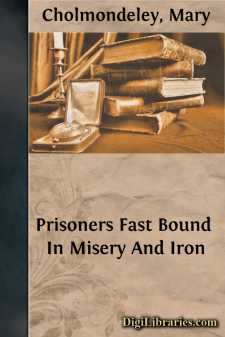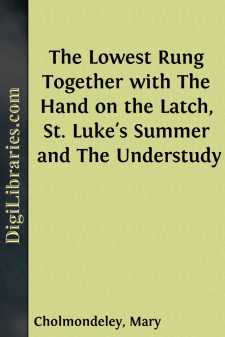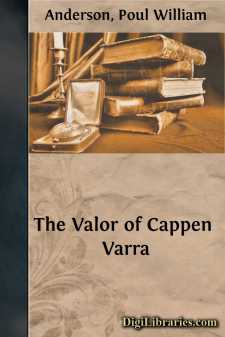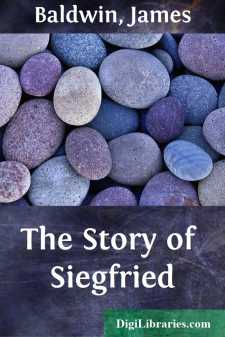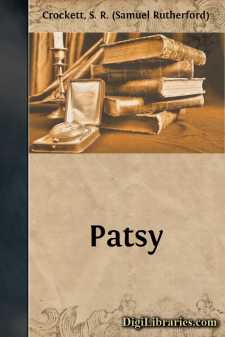Categories
- Antiques & Collectibles 13
- Architecture 36
- Art 48
- Bibles 22
- Biography & Autobiography 815
- Body, Mind & Spirit 144
- Business & Economics 28
- Children's Books 18
- Children's Fiction 14
- Computers 4
- Cooking 94
- Crafts & Hobbies 4
- Drama 346
- Education 58
- Family & Relationships 59
- Fiction 11835
- Games 19
- Gardening 17
- Health & Fitness 34
- History 1378
- House & Home 1
- Humor 147
- Juvenile Fiction 1873
- Juvenile Nonfiction 202
- Language Arts & Disciplines 89
- Law 16
- Literary Collections 686
- Literary Criticism 179
- Mathematics 13
- Medical 41
- Music 40
- Nature 180
- Non-Classifiable 1768
- Performing Arts 7
- Periodicals 1453
- Philosophy 65
- Photography 2
- Poetry 896
- Political Science 203
- Psychology 44
- Reference 154
- Religion 515
- Science 126
- Self-Help 85
- Social Science 83
- Sports & Recreation 34
- Study Aids 3
- Technology & Engineering 59
- Transportation 23
- Travel 463
- True Crime 29
Our website is made possible by displaying online advertisements to our visitors.
Please consider supporting us by disabling your ad blocker.
Prisoners Fast Bound In Misery And Iron
Description:
Excerpt
CHAPTER I
Grim Fate was tender, contemplating you,
And fairies brought their offerings at your birth; You take the rose-leaf pathway as your due,
Your rightful meed the choicest gifts of earth.
—Arthur C. Legge.
Fay stood on her balcony, and looked over the ilexes of her villa at Frascati; out across the grey-green of the Campagna to the little compressed city which goes by the great name of Rome.
How small it looked, what a huddled speck with a bubble dome, to be represented by so stupendous a name!
She gazed at it without seeing it. Her eyes turned towards it mechanically because it contained somewhere within its narrow precincts the man of whom she was thinking, of whom she was always thinking.
It was easy to see that Fay—the Duchess of Colle Alto—was an Englishwoman, in spite of her historic Italian name.
She had the look of perfect though not robust health, the reflection over her whole being of a childhood spent much in the open air. She was twenty-three, but her sweet fair face, with its delicate irregular features, was immature, childish. It gave no impression of experience, or thought, or of having met life. She was obviously not of those who criticise or judge themselves. In how many faces we see the conflict, or the remains of conflict with a dual nature. Fay, as she was called by her family, seemed all of a piece with herself. Her unharassed countenance showed it, especially when, as at this moment, she looked harassed. Anxiety was evidently a foreign element. It sat ill upon her smooth face, as if it might slide off at any moment. Fay's violet eyes were her greatest charm. She looked at you with a deprecating, timid, limpid gaze, in which no guile existed, any more than steadfastness, any more than unselfishness, any more than courage.
Fay had come into the world anxious to please. She had never shown any particular wish to give pleasure. If she had been missed out of her somewhat oppressed and struggling home when she married, it is probable that the sense of her absence was tinged by relief.
She had never intended to marry the Duke of Colle Alto. It is difficult to say why that sedate distinguished personage married her.
Fay's face had a very sweet and endearing promise in it which drew men's eyes after her. I don't know what it meant, and they did not know either, but they instinctively lessened the distance between themselves and it. A very thin string will tow a very heavy body if there is no resistance, and the pace is slow. The duke looked at Fay, who was at that moment being taken out for her first season by her grandmother, Lady Bellairs. Fay tried to please him, as was her wont with all except men with beards. She liked to have him in attendance. Her violet eyes lighted up with genuine pleasure when he came to see her.
It is perhaps difficult for the legions of women who do not please easily, and for the handful whose interests lie outside themselves, and who are not desirous of pleasing indiscriminately, it is difficult for either to realise the passionate desire to please which possesses and saps the life of some of their sisters. Admiration with them is not a luxury, any more than a hot-water bottle is a luxury to the aged, or a foot rest to a gouty foot. It is a necessity of life. After a becoming interval, the interstices of which had been filled with flowers, the duke proposed to Lady Bellairs for Fay's hand. Fay did not wish to marry him. He was not in the least her ideal. Neither did she wish to remain unmarried, neither did she wish to part with her grave, distinguished suitor who was an ornament to herself. And she was distinctly averse to living any longer in the paternal home, lost in a remote crease in a Hampshire down. Poor women have only too frequently to deal with these complicated situations, with which blundering, egotistic male minds are seldom in perfect sympathy.
Fay had never willingly relinquished any of the men who had cared for her, and some had cared much. These last had as a rule torn themselves away from her, leaving hearts, or other fragments of themselves, behind, and were not to be cajoled back again, even by one of her little gilt-edged notes. But the duke did not break away. He had selected her, she pleased him, he desired to marry an Englishwoman....


